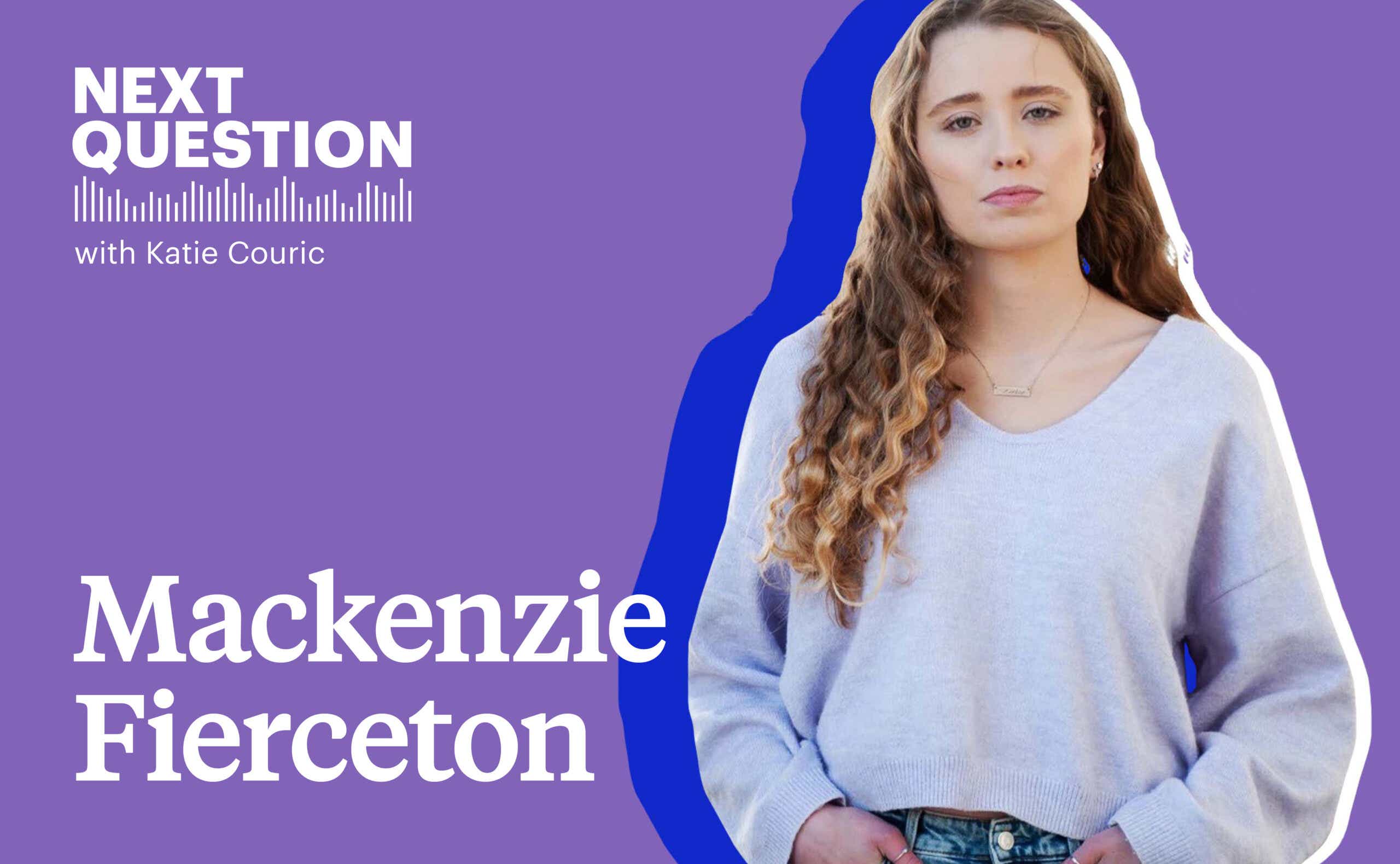Who gets to decide what it means to be disadvantaged? That’s just one of the many questions that have emerged after a New Yorker article about how a foster child turned Ivy League scholar, MacKenzie Fierceton, was stripped of her Rhodes scholarship.
Fierceton, who grew up as Mackenzie Morrison but has since changed her name, grew up in St. Louis, where she attended a private prep school. She was raised by a single mother, Carrie Morrison, who worked as the director of breast imaging and mammography at St. Luke’s Hospital and was a well-respected member of the community.
In conversation with Katie, Fierceton explains how she and her mother were seen by their community: “People perceived us as the Gilmore Girls: A single mom and her precocious daughter growing up in this upper-middle-class home.”
But according to Fierceton, this image was far from the truth. She claims her mother verbally and physically abused her, and that she was also sexually abused by her mother’s boyfriend. “There was just so much fear,” Fierceton tells Katie, “both in a physical sense, but also in the sense most survivors have where we feel like we're not going to be believed.”
According to Fierceton, years of covering up her mother’s abuse culminated in an episode in which her mother pushed her down the stairs. Fierceton, a junior in high school at the time, went to school that morning with a bruised and bloody face, and fainted. She was then admitted to the hospital, and later into the foster care system. Although criminal charges against Fierceton’s mother were dropped and she vehemently denies the claims of abuse, teachers and friends who knew Fierceton in high school claim there is no question that the teen was living in an abusive household.
Despite her circumstances, Fierceton was an excellent student and was admitted to UPenn with a full scholarship from an organization that places high-achieving, financially disadvantaged students in prestigious universities. Although Fierceton’s mother had gone to college and she was raised in an upper-middle-class home, Fierceton joined the college’s first-generation and/or low-income student organization, and later claimed on applications that she was the first in her family to attend college. “It was the word ‘family’ for me,” Fierceton tells Katie. “I was like, I don't have one of those. Why would I ever reference them? They don't have anything to do with me or who I am.”
Fierceton later applied to Penn’s school of social work as a first-generation college student, and in November 2020 she was awarded a Rhodes scholarship, after which the press described her as a first-gen low-income foster youth. After Fierceton’s success story picked up traction, anonymous sources came forward to refute this portrayal of Fierceton, sending pictures of a seemingly happy and financially stable childhood and proof that her mother had gone to college and held a prestigious position at a hospital.
Fierceton was then contacted by a Penn administrator, who asked to meet with her. “It just felt like an immediate interrogation,” Fierceton tells Katie. “It became pretty clear to me that they had either reviewed medical records or spoken to my bio mom.” After an investigation, Fierceton’s scholarship was rescinded.
So, Fierceton is speaking out.
"The reason I want to tell my story is that I do think it's emblematic of these societal notions of who can be abusive and who can cause harm," she says. "We know, at least cognitively as a culture, that isn't true...We've had all of these moments of reckoning with, 'oh my God, white successful, academically educated people can also cause harm? Mindblowing.' And we've had to reckon with this. Still, there are unfortunately a lot of people who don't see that."
She points out, "almost everyone who's been involved with this has also been white, highly educated professionals. And I don't think that's a coincidence that these people are the ones who are having a hard time believing that this can happen by someone who looks like them."
To hear more about Fierceton’s story and why it has sparked such a fierce debate about abuse, family, and privilege, make sure to listen to the latest episode of Next Question.








